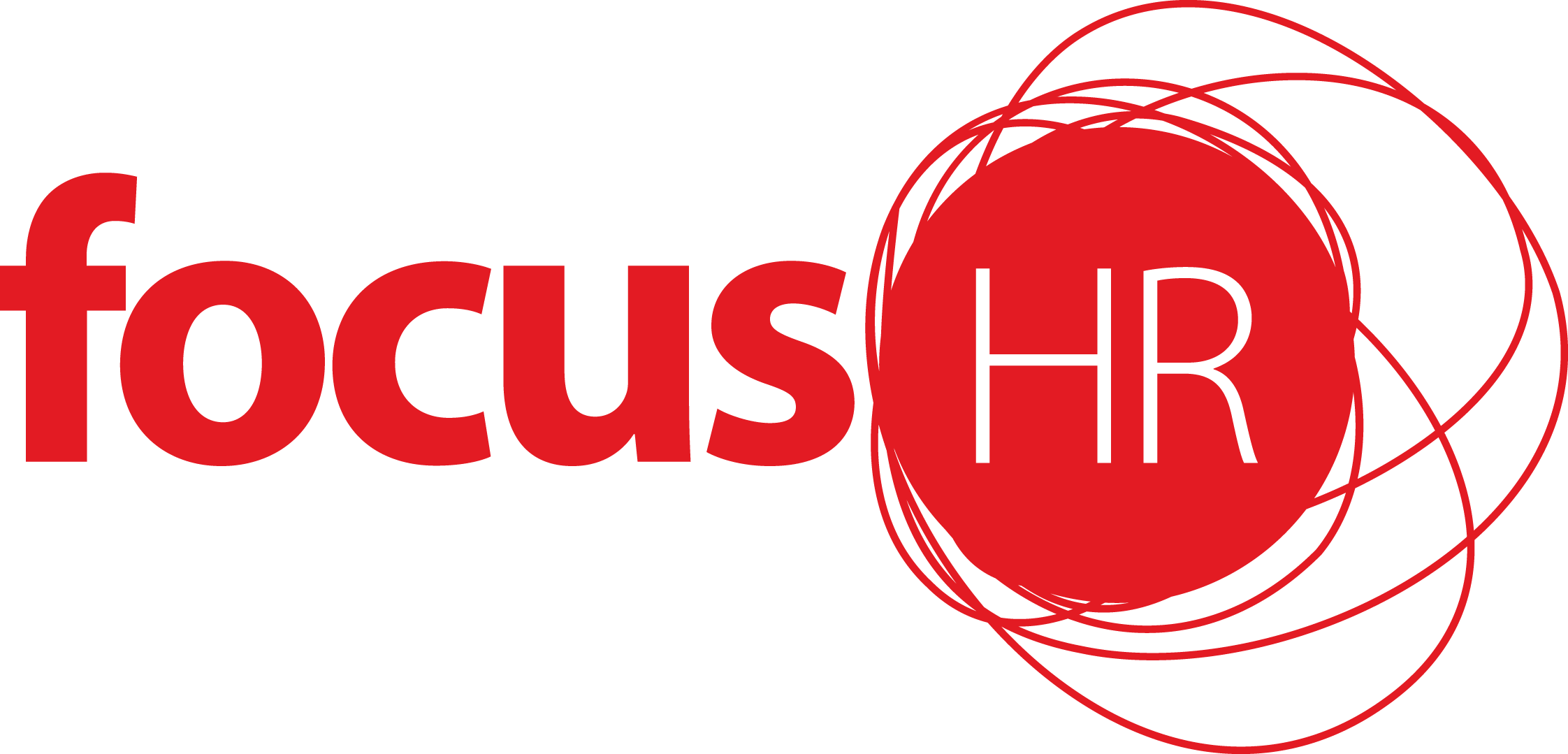– Tamara Stopford, Leadership & Engagement Consultant
Change is something that we have all experienced to varying degrees. In our personal lives, change may look like moving schools, relocating, getting married, having children. In our working lives, new technologies, restructures, changes in workflow or processes, even the introduction of working from home are all examples of change.
With any change comes a myriad of emotions – excitement, trepidation, uncertainty, resistance. When change is out of our control, these emotions are heightened. Given that workplace change is largely out of our control, it is no surprise that, according to research conducted by McKinsey & Co, 70% of change programs fail to achieve their goals. The main reasons for this being employee resistance and lack of management support.
Day-to-day leaders have 70% impact or influence on change initiatives
This statistic was shared during a recent AHRI webinar around organisational change. This highlights the importance of skilled middle managers and supervisors having the knowledge and ability to support effective change. Change is not something that should just happen at the top, or from the top. Change should happen with your people, rather than to your people.
A high-involvement approach between change leaders and employees can increase change success by 34% to 58%, decrease implementation time by 33% and increase employee engagement by 38% (Gartner, Changing Change Management).
The evidence is there. There is real power in engaging our key stakeholders, seeking active involvement in the change process, and being open, honest and authentic as a leader.
Awareness of what leads to successful change (and, on the flip side, what contributes to unsuccessful change) is essential. If you would like to learn more about the critical skill of leading positive change, join the Focus HR team on Thursday July 25, 2024 for a practical session on change implementation at an operational level.
Click here to register
Change Management is a journey, not just a one-time project,
riding ahead of change curve takes both strategy and methodology.
Peal Xhu

